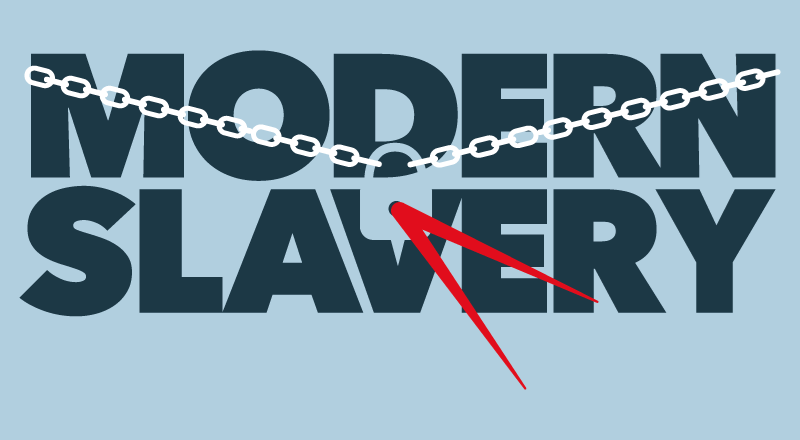Despite broadly welcoming the proposals to introduce a new statutory Resilience Statement for Public Interest Entities (PIE), the profession is disappointed ministers haven’t gone far enough in their plans to tighten governance rules.
The new Resilience Statement will subsume the existing Going Concern and Viability statements. Company directors will have to report on matters that they believe to be material and explain how they have arrived at this judgement.
The government set out its proposed reforms in its White Paper on Restoring trust in audit and corporate governance in May in response to recommendations laid out in the Brydon, Kingman and CMA Reviews.
It has been widely acknowledged that disclosures under the Viability Statement often lacked specificity and sufficient detail to assure investors and other stakeholders that a company could deal with any potential business shocks.
In its July 2021 response to the White Paper, ICAEW said: “BEIS is right to bring a renewed focus to resilience. Viability Statements have not been a success and to effect real change, it is important that the proposals for a Resilience Statement do not simply result in a different type of boilerplate reporting. To ensure meaningful improvements to the quality of reporting, ARGA must emphasise directors’ accountability for the quality of this statement and ensure it is not seen simply as an extended Viability Statement.”
Under the proposed Resilience Statement, directors will have to disclose how the company is addressing risks or resilience issues, including threats to business continuity, supply chain and cyber security.
The new legislation will include the requirement for at least one reverse stress test according to the nature, size and complexity of each business, to be chosen by the company and outlined within the statement. ICAEW issued guidance on reverse stress testing with the pandemic in mind, but the information within is still relevant.
Mark Kennedy, Partner, Audit and Assurance, Mazars, says: “The Resilience Statement is obviously key to many investment decisions, and complex because not only does it require the company to summarise individually complex management and governance activities such as risk management, internal controls and financial governance, but it also requires an engagement with externalities and behavioural issues (such as risk appetite, leadership, decision making and so on). As if that wasn’t enough, it is unavoidably forward looking – it is in essence forecasting – which ‘usually tells us more of the forecaster than the forecast’ as Warren Buffet famously said.”
The requirement will be applied to all PIEs that meet the new 750-750 test – large unlisted companies with more than 750 employees and a minimum £750m annual turnover. Large PIEs will have to explain how they are identifying and addressing risks, and set out the steps taken to prevent and detect fraud. It is hoped the new rules will help avoid boilerplate responses through explanations tailored to each company’s circumstances.
Kennedy says: “The Resilience Statement is certainly providing a framework that should provide investors with greater insight and information. In doing so, it will drive a greater focus among boards and auditors on a more holistic expression of the position of a particular company.”
As to whether it will restore trust among investors, the jury is still out.
“The quality of reporting derives not just from the framework, but also on the extent to which professional reporters really engage with the unique nature of a company. Consistency and comparability are virtues, but we have too often seen how financial reports can descend into a blurry homogeneity which, in this case, would limit the usefulness of the Resilience Statement,” Kennedy says.
It is expected that the government will have published a draft bill on the proposed reforms later this year. Once the detail is clearer, it is hoped that new legislation will be published in 2023, giving enough time for all stakeholders to get to grips with the new regime.
Recent articles
Future of audit
Following the UK government's feedback statement on audit and corporate governance reform, we explore the various factors shaping the profession in 2022.




